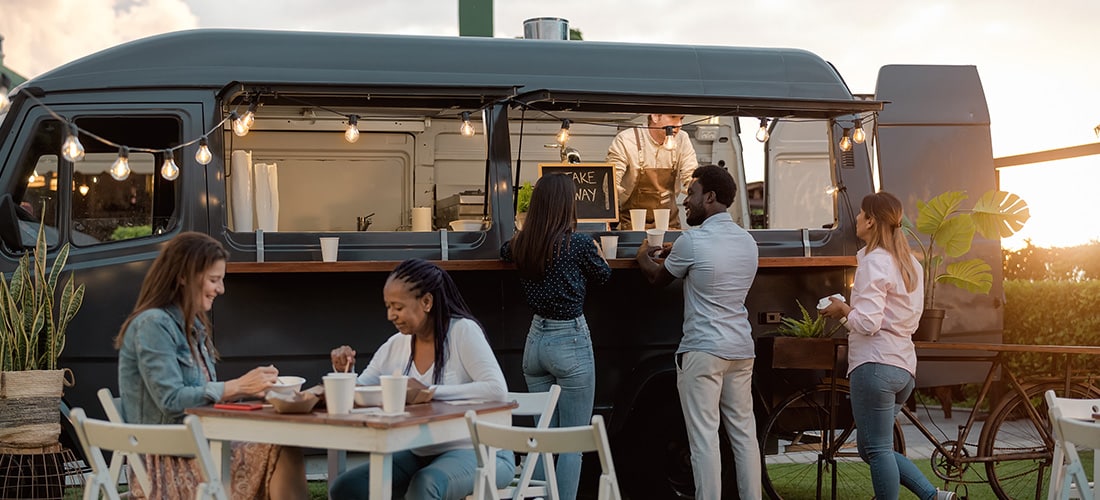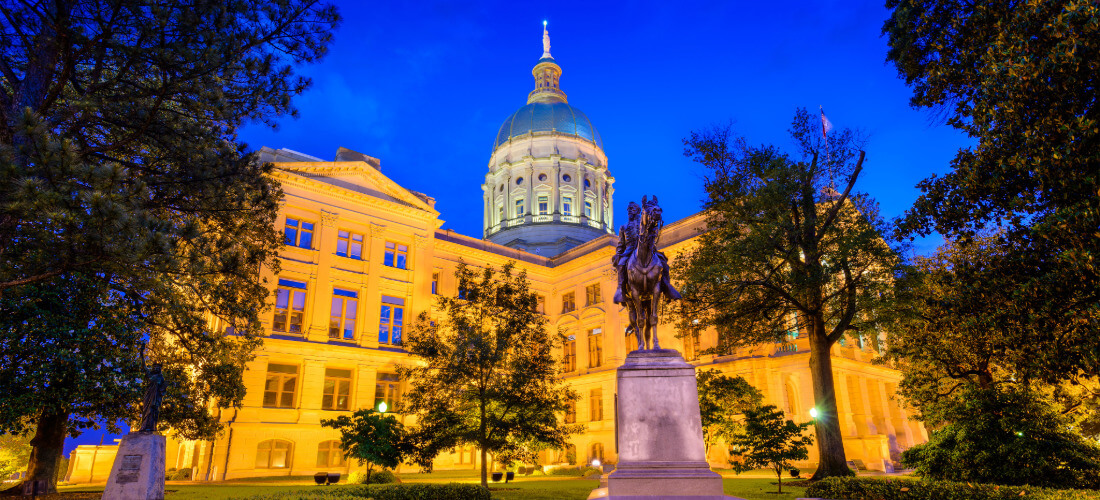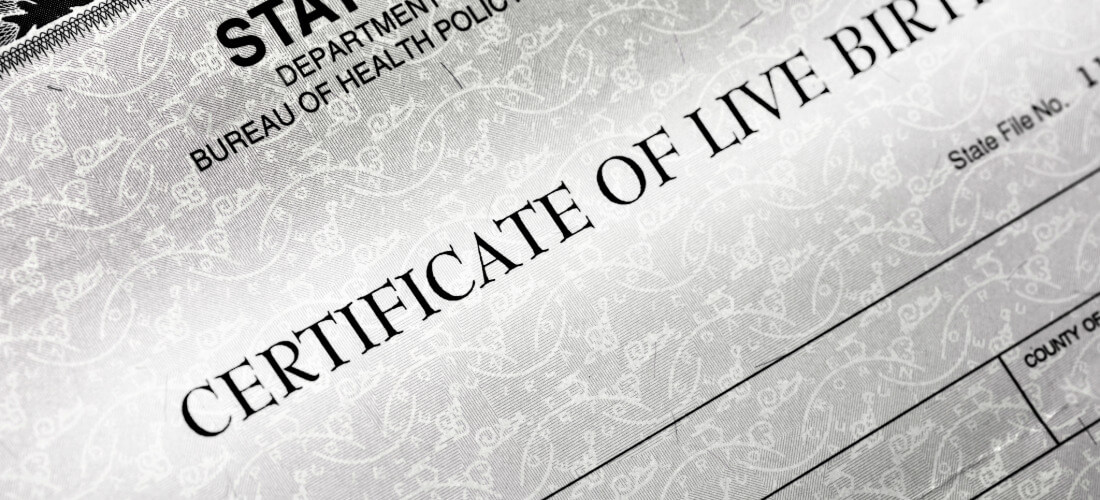
From short-term rentals to restaurants to athletic clubs, local governments issue a wide variety of business licenses. Given the numerous components that go into the process—from the collaboration between departments to meeting deadlines to tax collection and tracking compliance—business licensing has the potential to be among the most complex tasks for which local governments are responsible. Here’s a look at some of the different types of business licenses.
General Business License
Most local governments require a general business license or business privilege license for a business owner to operate in their jurisdiction. Depending on the nature of the business, this can apply whether the business is run from home (or in the case of more limited operations, a home occupation permit may be all that’s required) or at a separate location.
From collecting fees to issuing renewals, the process of licensing a business is a continuous cycle that presents a potential bottleneck if local governments are utilizing a rudimentary method for managing the process.
Athletic Club License
Fitness clubs can call for a range of licenses and permits depending on how expansive the services they offer are. Childcare, food service, as well as massage and spa offerings, are all potential features that could require the business to apply for additional licenses on top of a general business license.
Christmas Tree Vendor License
Similar to food trucks, Christmas tree vendors can take many forms and operate in a variety of locations, from sidewalk pop-up stands to piggybacking off of existing properties, which can potentially create compliance challenges. Requirements vary depending on several factors, including what is being sold along with the trees and the location of the vendor.
Food Truck Business License
You don’t have to be in a food truck mecca like Portland, Oregon to get some street grub anymore. In the Instagram and foodie era, food trucks are ubiquitous virtually everywhere. Food truck licenses have many of the same requirements as restaurants, with some specific differences such as limitations on serving alcoholic beverages.
There are obvious challenges to managing food truck licenses, such as accurate tracking and compliance, compared to traditional brick-and-mortar restaurants. For example, food truck operators that piggyback off of existing businesses—like breweries—may be unaware of the licensing responsibility specific to their food truck, requiring outreach and education.
Guard Dog License
Businesses that train guard dogs or a business owner that keeps a guard dog on a business site are required to get a guard dog license, which has a number of stipulations including specifications for the premises, transportation, nourishment, and housing.
Liquor License
Liquor licenses are among the most strictly regulated, and while it’s not exactly a newer category like some of the others on this list, the COVID-19 pandemic did introduce some novel challenges to local governments tackling licensing. Cocktail and liquor delivery was one of the many approaches the restaurant industry took to staying afloat during lockdown periods, and similar to newly-constructed al fresco dining areas, the popularity of these pandemic measures led to many cities making legislative moves toward permanence.
In some states, it was as simple as businesses that already held a liquor license paying additional filing and licensing fees. In others, the option to deliver became limited to certain types of liquor licenses, like bars, and excluded from others, such as restaurants.
Marijuana Business License
Like the STR business, marijuana is another relatively new industry to which local governments have needed to quickly adapt. Municipalities have several considerations that go into how to approach licensing for a marijuana business, including whether the enterprise is focused on cultivation, sale, delivery, or manufacture. Like STRs, some cities have placed limits on how many licenses can be issued or have set specific enrollment periods to apply for a license.
Tobacco License
Another highly regulated category, businesses that sell tobacco or tobacco-related products and paraphernalia need to apply for a tobacco license. As both the federal government and states like California tighten rules and limits on the sale of tobacco products, a number of local governments are increasingly limiting the number of licenses available in their jurisdictions, and it’s likely that some will eventually ban sales meaning they could phase license out entirely.
Short-Term Rental License
To some, short-term rental (STR) platforms like Airbnb and Vrbo seemed to pop up overnight, leading local governments to play catch up to the market’s explosion in popularity. Given the relative newness of this industry, it’s arguably one of the primary segments where cities and counties are working to establish licensing requirements for purposes such as enforcing safety standards and collecting taxes.
When STRs aren’t being tracked, municipalities are potentially missing out on substantial revenue. There have also been considerations as to how the volume of STRs could impact communities; some jurisdictions have implemented caps on the number of licenses they issue per year or housing zone.
How to Effectively Manage Business Licenses
From renewals to compliance tracking, managing the numerous components of business licensing can be a time-consuming and labor-intensive task, particularly if your municipality is stuck in outdated processes such as physical mailing.
Moving business licensing tasks into software capable of managing all the disparate components in one unified platform can prevent headaches for municipalities and business owners alike. Learn how GovOS can help streamline the process of business licensing—no matter what type of license—and help your city prevent backlogs, increase accountability and transparency, and boost revenue.









